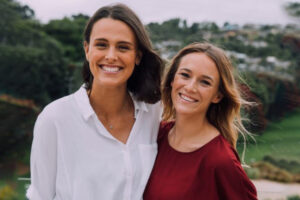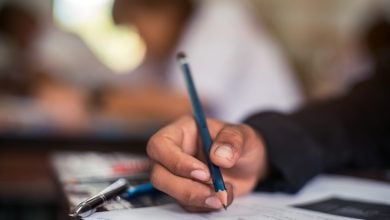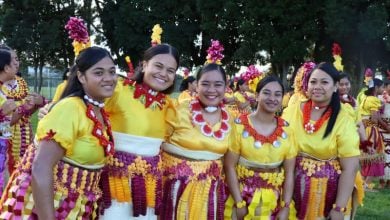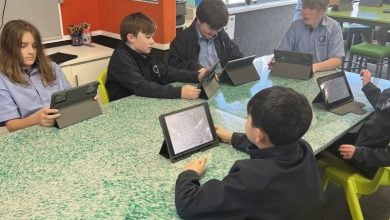
Vocational education provider Te Pūkenga says it is “unifying in its approach to supporting its learners to succeed” after feedback criticised its mental health service provision.
Te Pūkenga Deputy Chief Executive Learner Journey and Experience Tania Winslade says the organisation, “is dedicated to taking a holistic approach to hauora (wellbeing) as part of vocational learning, with an eye to helping lessen the impact of COVID-19.”
The announcement follows feedback to Te Pūkenga that the organisation “needs to do better in the area of mental health services”. It found 19 percent of Te Pūkenga ākonga had accessed mental health support at some point in their lives.
Winslade said, “Supporting learner wellbeing is a key focus across our network. Learners have told us that we need to do better to support them and we’re responding to that call to action. Our network is producing local action plans to identify and enable operational practices that ensure learners have what they need to be successful, especially in our current COVID-19 environment.”
Te Pūkenga partnered with the Ministry of Health to invest $3.24 million to deliver new and enhanced mental health and addiction services that could potentially be accessed by more than 160,000 learners across all sixteen Institutes of Technology and Polytechnics.
Between July 2021 and March of this year, the organisation distributed $5.64 million to learners experiencing hardship due to COVID-19, to provide support towards housing costs, food, utilities, transport and healthcare, as well as technology access so learners could continue studying.
“COVID-19 has disproportionately impacted some learner cohorts, so we’ve taken an approach that has placed a particular focus on the support needs of ākonga Māori as Te Tiriti partners, and ākonga from Pacific and disabled communities,” Winslade says.
From this funding, $2.43 million was distributed for new and enhanced services available via 16 Institutes of Technology and Polytechnics. “The funding provides greater opportunity for Māori and Pacific learners to access services that are tailored and fit for purpose.Māori and Pacific learners experience greater inequities in mental health and wellbeing than other communities and this funding will help to address this long-standing gap.”

In addition, new national services will be established shortly, utilising the remaining funding which will increase Kaupapa Māori and Kaupapa Pacific wānanga across the motu. In planning for services at each subsidiary, Te Pūkenga was required to listen to learners and so their voice directly informed the service plans that each subsidiary submitted to Te Pūkenga.
“It’s really important that ākonga feel safe, welcome and comfortable when they’re accessing services. If we can provide those in ways that support their identity, that makes a real difference to them and their wellbeing,” said Winslade.
Meanwhile, this month Voices for Hope is running a series of mental health talks aimed at high school and teritary aged students. It’s Not Weak To Speak mental health awareness evenings will feature co-founders Jazz Thornton (crowned TV’s Dancing with the Stars winner this month) and Genevieve Mora and other lived experience voices.

Image: thevoicesofhope.org.nz
Christchurch – Tuesday 14th June, 6pm at Aurora Centre (Burnside High School).
Auckland – Wednesday 15th June, 6pm at Diocesan School for Girls’ Arts Centre.
It is free to attend, register for tickets from iTicket – all of the event information is on the website: https://www.thevoicesofhope.org/its-not-weak-to-speak-events









